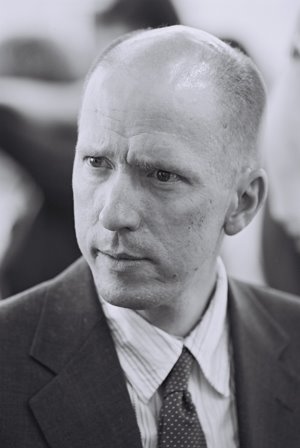- Expertise: does the source of the claim have specialized knowledge on the topic that makes her view more likely to be true than a random person?
- Disinterest: Few people give much credence to claims by scientists hired by tobacco companies...
- Consensus: Schopenhauer apparently said, "There is no opinion, however absurd, which men will not readily embrace as soon as they can be brought to the conviction that it is generally adopted." But consensus isn't always mindless. Take for example the Intergovernmental Panel on Climate Change. They may be wrong but the fact that 1000s of scientists have signed on makes me more inclined to believe their claims. But those are all experts so I'm combining two pillars. How about if you come upon two restaurants side by side in a foreign city. I would choose the one with more diners (if there were space for me).
- Observation: People say "seeing is believing" for a reason.
- Comprehensibility: I think we need a story, a way to make sense of a claim, in order to find it fully believable. Thus, I don't think it's any accident that religion tries to counter the need for comprehensibility by stating "God moves in mysterious ways." We can't comprehend how a loving God could inflict so much suffering on humanity so we need to be told it's OK that we don't get it.
Saturday, December 27, 2008
The Five Pillars of Belief
Ok, this my second go at this topic. In "What should we believe?" I was more trying to say normatively how to evaluate a claim. But here I want to give general account of the forces that cause certain beliefs to be held.
Subscribe to:
Post Comments (Atom)

No comments:
Post a Comment